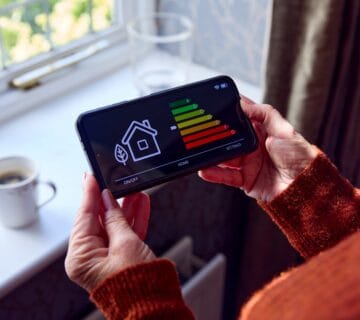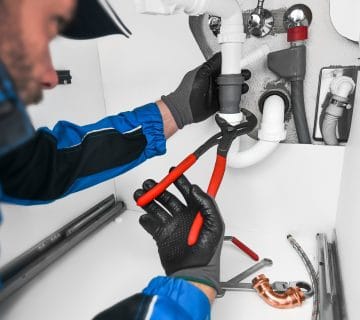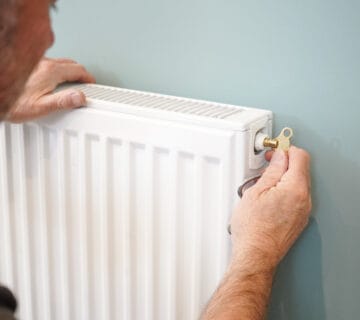What is an EICR report and how can I use it to negotiate the price of my new home?
Buying a home is an exciting adventure, but it also comes with its fair share of responsibilities. One essential aspect that often gets overlooked in the midst of house hunting, paperwork, and decorating dreams is the Electrical Installation Condition Report (EICR). But don’t worry, we’ve got you covered! In this blog post, we’ll break down the nitty-gritty details of EICR reports, why you need one, what they cover, what could fail an EICR, and who’ll be your trusted EICR guide.
What is an EICR Report?
An EICR report, short for Electrical Installation Condition Report, is like a health checkup for your new home’s electrical system. It’s a thorough examination carried out by a qualified electrician to ensure that the electrical installation in your potential new home is safe and up to standard.
Why Do I Need an EICR Report?
Imagine you’re about to move into your dream home, but you’re unaware of hidden electrical issues. Electrical problems can be dangerous, causing fires or accidents. An EICR report gives you peace of mind by identifying any electrical defects or safety concerns. It not only ensures your family’s safety but also saves you from potential financial burdens in the future. Did you know the average cost to rewire a 3 bedroom home is £3k-£5k? Carrying out an EICR report before buying a house provides you with negotiating power and ensures you are fully aware of the cost implications when purchasing your home.
What Does an EICR Report Cover?
EICR reports are like detectives, searching for hidden electrical issues. Here’s what they cover:
- Consumer Units (Fuse Boxes): Inspecting your fuse box to ensure it’s in good shape and meets current regulations.
- Wiring: Checking the condition of the wiring throughout your home, including sockets, light switches, and fixed appliances.
- Earthing and Bonding: Ensuring that your electrical installation is properly earthed and bonded to minimize the risk of electric shock.
- Safety Devices: Verifying the functionality of safety devices like RCDs (Residual Current Devices) that protect against electric shock.
- General Condition: Assessing the overall condition of the electrical system and identifying any immediate safety concerns.
What Would Fail an EICR?
Not all EICR reports come back with a clean bill of health. Some common reasons for failure include:
- Unsafe Wiring: Old or damaged wiring that poses a risk of electric shock or fire.
- Inadequate Earthing: A poor earthing system can increase the risk of electric shock.
- Outdated Fuse Boxes: Old consumer units that don’t meet modern safety standards.
- Lack of RCD Protection: Missing or malfunctioning RCDs, which protect against electric shock.
Don’t be discouraged if your potential home fails the EICR – it’s an opportunity to make necessary improvements to ensure your safety or use this information to negotiate a lower price with the seller.
This can potentially save buyers thousands of pounds in repair costs.
Who Will Carry Out My EICR?
Your EICR report should be conducted by a qualified and registered electrician. This professional has the expertise to thoroughly inspect your electrical installation and provide you with an accurate and reliable assessment. When you book an EICR, make sure the electrician is registered with a recognised body, like NICEIC or NAPIT, for added assurance.
In conclusion, an EICR report is a small investment that can save you from big headaches down the road. It ensures your new home’s electrical system is safe, secure, and up to standard. So, when you’re making that exciting leap into homeownership, remember to prioritise an EICR report to make sure your new nest is as safe as it is dreamy!






